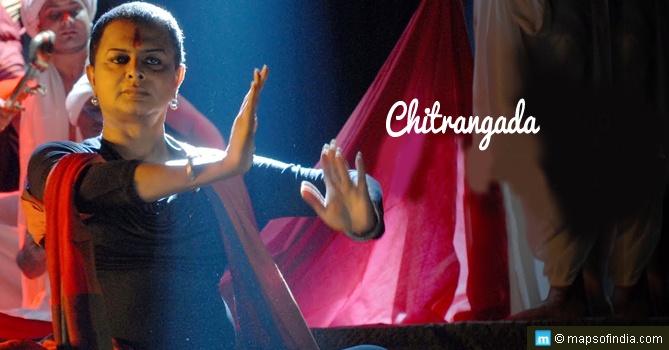5. Chitrangada: A Crowning Wish

The film is taken from a segment of Mahabharata and talks about dealing with one’s own sexuality in the backdrop of a Tagore play. Rudra Chatterjee played by Rituparno Ghosh is a choreographer who is preparing his team for a stage performance, and there he meets Partho played by Jishu Sengupta, falls in love and wants to have children with him. But in India, same-sex couple is not allowed to adopt children; hence he pronounces the words “sex change surgery” for the first time and his life is never the same again. Chitrangada is believed to be a third film from the trilogy; the first two being ‘Arekti Premer Golpo’ and ‘Memories in March’. And is believed to be an extension of Ghosh’s own personality. Somehow his appearance reflects his inherent desire which is a mirage to Tagore’s Chitrangada.
Rituparno Ghosh’s films have a special place for women. His unorthodox and unconventional views often disturb the orthodox mindset of a common man. Maybe that is why his films are not easily acceptable in the society or treated as a secluded form of art.
Bengalis have stood by the concept of Tomar ar Amar (yours and mine) to a great extent. And that is how class conflict is restricted not only to the society but has a great impact on the arts as well. On the one hand, art is considered to be democratic. On the other hand, Ghosh’s films were secluded, with the justification of being made for just the noble class. Though it is agreed that his films did not have mass appeal, nevertheless they contain basic human sensibilities that are forlorn from the blanket of a patriarchal world.




